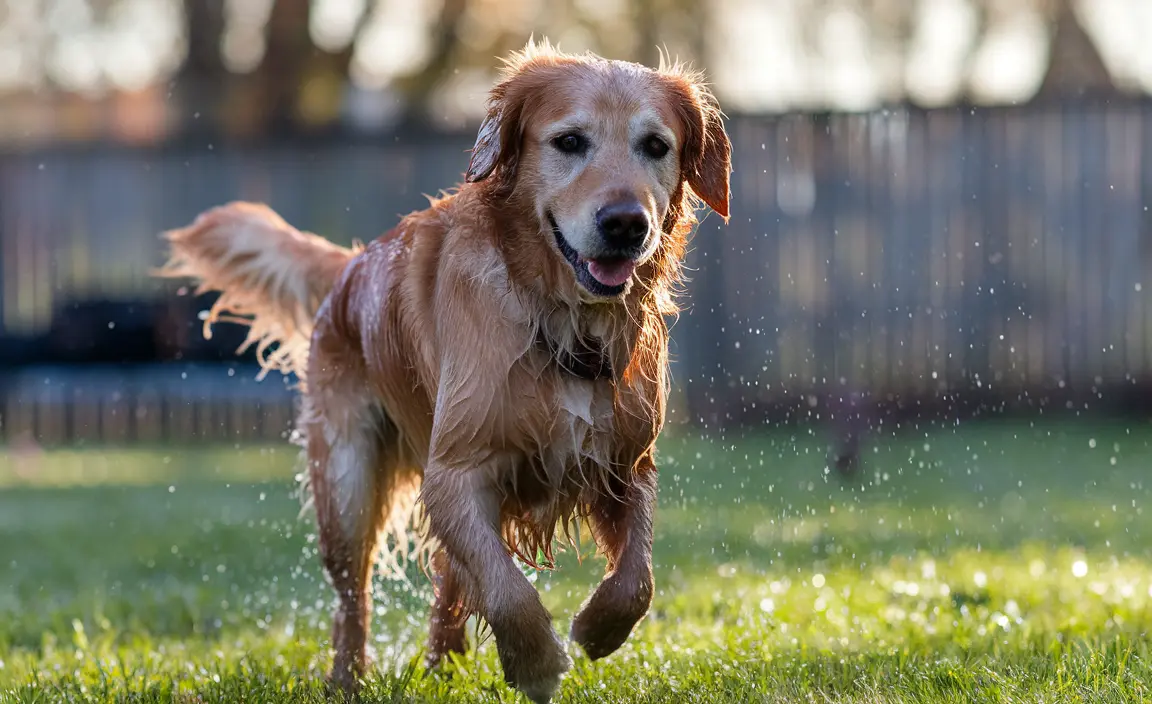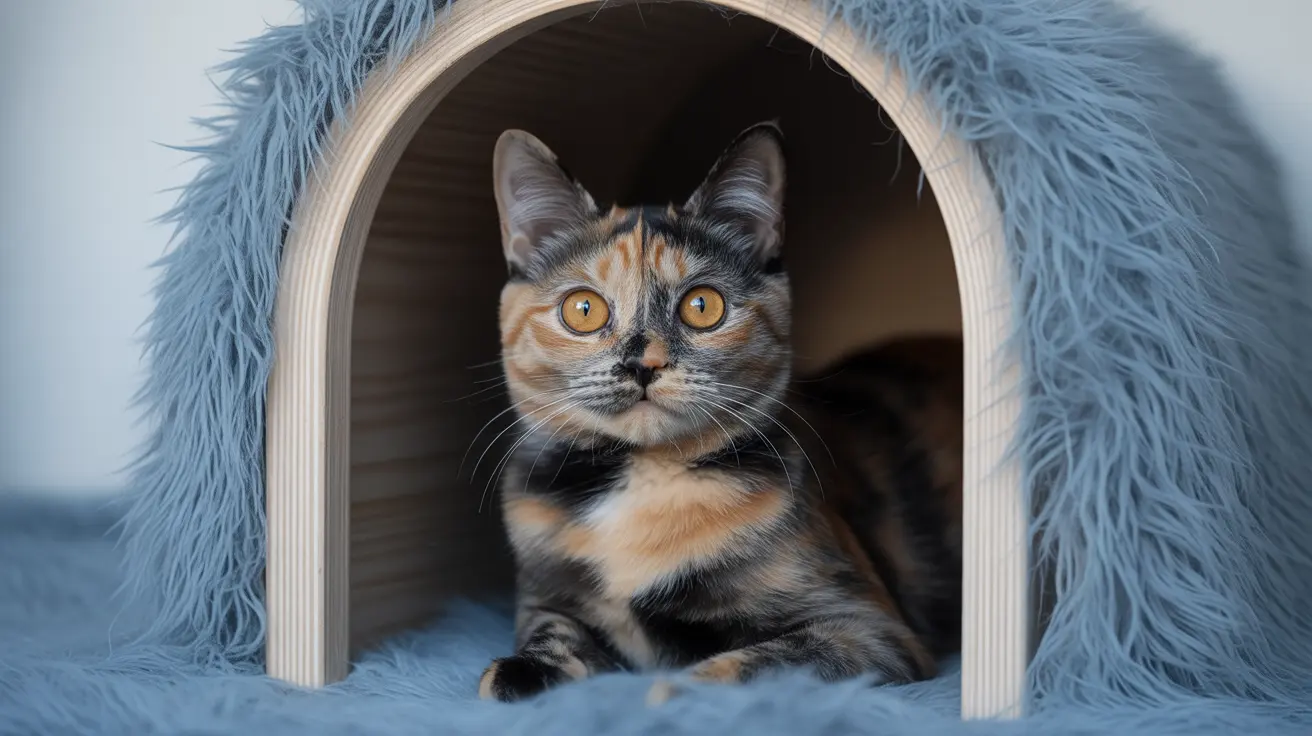If you've ever witnessed your dog transform into a whirlwind of energy immediately after a bath, you're not alone. These sudden, intense bursts of playful running—known as "zoomies"—are a common and completely normal canine behavior that leaves many pet owners both amused and bewildered. But what exactly triggers these post-bath frantic episodes?
Dogs get zoomies after a bath due to a complex mix of emotional and physiological responses. From stress release to pure excitement, these energetic episodes are your furry friend's unique way of processing the bathing experience.
Understanding the Zoomies Phenomenon
What Are Zoomies?
Zoomies, scientifically called Frenetic Random Activity Periods (FRAPs), are sudden, intense bursts of energy where dogs run at high speeds, dart around rooms, and play with enthusiastic abandon. These episodes are completely normal and typically last a few minutes, serving as a natural stress-relief mechanism for our canine companions.
Why Dogs Go Crazy After Bath Time
Sensory Overload and Stress Release
Bath time can be overwhelming for dogs. The new sensations—water temperature, unfamiliar scents, and confined space—create significant sensory stimulation. Once released, dogs use zoomies as a way to "shake off" these intense experiences, literally and figuratively. Running around helps them reset and return to a more comfortable state.
The Need to Dry Off
Wet fur feels uncomfortable for dogs. Their instinctive response is to shake, run, and roll around to remove moisture quickly. This behavior isn't just about getting dry—it's a survival mechanism that helps regulate body temperature and prevent potential skin irritations from prolonged moisture.
Reclaiming Their Natural Scent
Dogs have a powerful sense of smell and often find bath products' fragrances foreign and unsettling. Post-bath zoomies can be their way of attempting to mask these artificial scents with their own natural odor by running, rolling, and rubbing against familiar surfaces.
Managing Post-Bath Zoomies Safely
Creating a Positive Bath Experience
To minimize stress-induced zoomies, focus on making bath time calm and comfortable. Use lukewarm water, speak in soothing tones, and ensure the bathing area feels safe. Consider using treats and gentle praise to create positive associations with bathing.
Pre and Post-Bath Energy Management
Before bath time, engage your dog in moderate exercise to reduce excess energy. After the bath, have a designated "zoomie zone" where your pet can safely run and play without risking damage to household items.
Frequently Asked Questions
Why do dogs get the zoomies after a bath?
Dogs get zoomies after a bath as a natural response to the stress, excitement, and sensory overload of the bathing experience. It's their way of releasing pent-up energy and returning to a comfortable state.
How can I minimize my dog's post-bath zoomies without suppressing their natural behavior?
Create a calm bath environment, use positive reinforcement, provide a safe space for running, and manage their energy levels before and after bathing.
What causes dogs to feel the need to dry off so intensely after a bath?
Wet fur feels uncomfortable and can affect body temperature. Running and shaking are instinctive methods dogs use to quickly dry themselves and restore physical comfort.
Is it normal for dogs to experience stress during baths, and how can I reduce stress-related zoomies?
Yes, bath time can be stressful. Reduce anxiety by using warm water, speaking softly, offering treats, and maintaining a calm demeanor throughout the bathing process.
How can I ensure my home stays safe and damage-free when my dog gets zoomies after a bath?
Designate a specific "zoomie area" with minimal breakable items, use baby gates to restrict movement, and consider towel-drying in a contained space before allowing free movement.
Understanding and embracing your dog's post-bath zoomies can transform a potentially stressful experience into a moment of joy and connection. Remember, these energetic episodes are a natural, healthy expression of your dog's emotional and physical state.






